Gary Burnell Beikirch's life was a testament to courage, resilience, and selfless service. Born on August 29, 1947, he rose from humble beginnings in Rochester, New York, to earn the nation’s highest military honor, the Medal of Honor, for his extraordinary heroism during the Vietnam War. A combat medic in the U.S. Army Special Forces, Beikirch's commitment to saving lives, even under dire circumstances, remains a powerful symbol of dedication and sacrifice.

Early Life and Struggles: Gary Beikirch grew up in Rochester, New York, where his character and determination were shaped by his community and family. After completing two years of college in upstate New York, he decided to pause his academic pursuits and enlist in the United States Army in 1967, drawn by a calling to serve and the challenge of becoming a Green Beret.
Military Enlistment and Heroics: Beikirch's military journey began with basic training at Fort Dix, New Jersey, followed by jump school at Fort Benning, Georgia. After rigorous training at Fort Bragg, North Carolina, he became a combat medic, equipped to handle both the physical and emotional tolls of war. Serving with the 5th Special Forces Group, he was stationed at Dak Seang Camp in Vietnam’s Central Highlands.
On April 1, 1970, during a ferocious assault by North Vietnamese forces, Beikirch's actions were nothing short of legendary. Amidst relentless enemy fire, he provided medical aid to the wounded, often placing himself in grave danger. Despite being partially paralyzed by shrapnel, Beikirch continued his efforts, directing his Montagnard assistants to move him between the injured. He was wounded multiple times but persisted until he was evacuated. His heroism saved numerous lives that day and was later recognized with the Medal of Honor, presented by President Richard Nixon on October 15, 1973.
Defining Moment: The battle at Dak Seang Camp was the defining moment in Beikirch's life. It highlighted his unwavering dedication to his comrades and his profound sense of duty. His actions went beyond bravery; they embodied a commitment to the values of compassion, courage, and selflessness.
Post-War Life and Career: After the war, Beikirch faced the challenges of healing, both physically and emotionally. He attended White Mountain Seminary in New Hampshire, aspiring to return to Vietnam as a missionary. However, geopolitical changes redirected his path. Beikirch earned a master’s degree in counseling and dedicated his life to helping others as a school counselor in Rochester, New York. His work inspired countless students and colleagues, reflecting his lifelong mission of service.
Military Awards and Decorations: Gary Beikirch's exemplary service earned him numerous accolades, including:
- Medal of Honor
- Distinguished Service Cross (later upgraded to the Medal of Honor)
- Silver Star
- Bronze Star Medal
- Purple Heart with oak leaf cluster
- National Defense Service Medal
- Vietnam Service Medal
- Vietnamese Cross of Gallantry with Silver Star
- Republic of Vietnam Campaign Medal
Additionally, he held the Combat Infantryman Badge, Parachutist Badge, and Special Forces Tab, marking his exceptional contributions to the U.S. Army.
Gary Beikirch’s life was one of valor, resilience, and unwavering service. His legacy endures as a shining example of what it means to put others above oneself, both in the face of war and in the quiet acts of everyday life. From the jungles of Vietnam to the halls of a middle school in Rochester, his impact was profound. Beikirch passed away on December 26, 2021, but his story continues to inspire, reminding us of the extraordinary capacity for courage and compassion within the human spirit.
